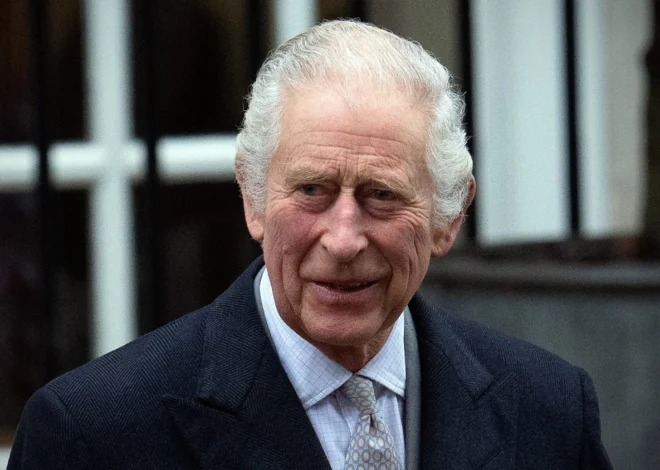
Taiwan’s Historic Election: Navigating Cross-Strait Relations and Domestic Challenges Under President-elect Lai Ching-te
In a landmark electoral outcome, Taiwanese voters decisively elected Lai Ching-te, the presidential candidate of the ruling Democratic Progressive Party (DPP), into power on Saturday. Despite facing strong pressure from China to reject Lai, the electorate’s support demonstrated a clear stance on Taiwan’s separate identity and a rejection of Chinese territorial claims. Lai’s victory, however, comes with a unique set of challenges, as the DPP lost its parliamentary majority, reflecting public frustration with domestic issues such as the high cost of housing and stagnant wages. This article delves into the intricacies of the election, examining its geopolitical implications and the key promises made by President-elect Lai Ching-te.

- Historic Third Term Ambition:
- The DPP sought an unprecedented third successive four-year term, a testament to its significant role in shaping Taiwan’s current political landscape.
- Despite winning the presidency, Lai faced a tougher parliamentary scenario, with the DPP losing its majority. This presents a legislative hurdle for passing crucial reforms.
- Public Frustration and Domestic Challenges:
- Beyond geopolitical concerns, the election reflected public frustration with domestic issues such as housing costs and wage stagnation, impacting the DPP’s performance in parliamentary elections.
- President-elect Lai acknowledged the need for improvement and offered collaboration with opposition parties, recognizing the importance of unity in addressing Taiwan’s challenges.
- Cross-Strait Relations and China’s Response:
- Lai maintained a stance of maintaining the status quo in relations with China while emphasizing the need for cooperation and dialogue on equal terms.
- China, which denounced Lai as a separatist during the campaign, struck a softer tone in response, not mentioning Lai by name. However, it reiterated its commitment to reunification and expressed willingness to work with relevant parties from Taiwan.
- Geopolitical Tensions and Military Activity:
- The election took place amid growing geopolitical tensions between Beijing and Washington, contributing to an arms race across the Taiwan Strait.
- China’s military activities near Taiwan escalated since the last election, posing challenges for the new government in managing regional security concerns.
- President-elect Lai’s Vision for Peace:
- Lai, despite heightened tensions, emphasized the importance of peace between Taiwan and China, suggesting that it would benefit both sides.
- The president-elect’s commitment to peaceful relations may open avenues for diplomatic dialogues in the future, although challenges persist.

In the aftermath of Taiwan’s historic election, President-elect Lai Ching-te faces a delicate balance between maintaining Taiwan’s separate identity and navigating the complex geopolitical landscape. The loss of parliamentary majority underscores the need for collaboration and compromise in addressing domestic challenges. China’s response, while assertive on reunification, hints at a potential willingness to engage in peaceful development and cooperation. As Lai assumes office, the world watches closely to see how he shapes Taiwan’s future, with geopolitical tensions and domestic concerns influencing the trajectory of cross-strait relations. The delicate dance between Taiwan and China continues, and the new administration’s decisions will play a pivotal role in shaping regional stability.



